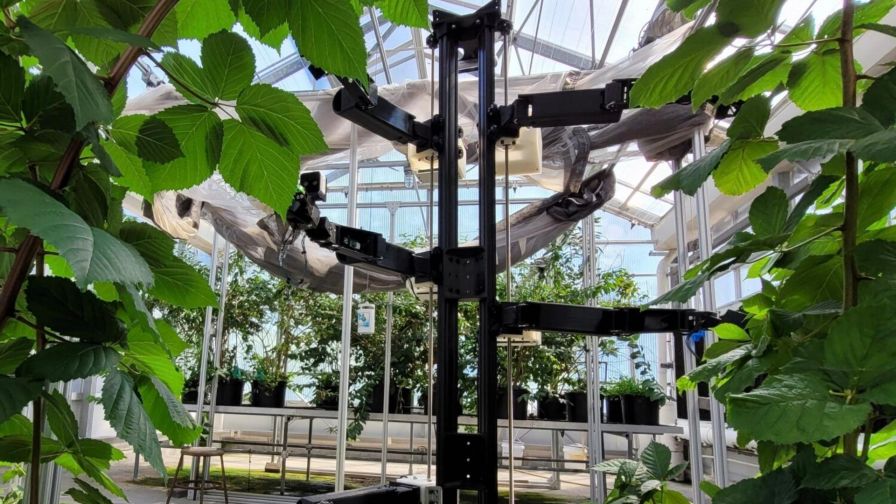Good News for Hemp Growers: USDA Adds Insurance Flexibility
In response to feedback received from producers, USDA’s Risk Management Agency (RMA) is strengthening its hemp crop insurance policy by adding flexibilities around how producers work with processors, as well as improving consistency with the most recent USDA hemp regulation.
“Hemp is an emerging crop, and we are working with hemp producers to provide insurance options that make sense for producers and for insurance providers,” says RMA Administrator Marcia Bunger. “RMA has worked to expand and refine our offerings to be responsive and dynamic.”
RMA revised the policy to add flexibility to the insurability requirements for hemp under contract. Producers are no longer required to deliver hemp without economic value for insurability. However, contracts between producers and processors may still include delivery requirements. Additionally, RMA clarified how the amount of insurable acreage is determined if the processor contract specifies both an acreage and a production amount. This change was made in the policy to ensure producers know how their insurable acreage is determined for those contracts.
To ensure consistency across USDA, RMA also updated references to regulations, including the Agriculture Marketing Service final rule, which took effect March 22, 2021.
Additionally, RMA added a new requirement for producers who grow direct-seeded hemp, or hemp grown from seeds planted in the ground. Before insurance attaches, producers must have acreage inspected and must have a minimum of 1,200 live plants per acre. This requirement was added to align direct-seeded hemp with the common farming practice for transplanted Cannabidiol (CBD) of transplanting at least 1,200 live plants per acre.
The hemp crop insurance policy provides actual production history (APH) coverage against loss of yield due to insurable causes of loss for hemp grown for fiber, grain, or CBD oil. The Farm Bill defines hemp as containing 0.3% or less tetrahydrocannabinol (THC) on a dry-weight basis. Hemp having THC above the federal statutory compliance level of 0.3% is an uninsurable or ineligible cause of loss and will result in the hemp production being ineligible for production history purposes.
Hemp producers can learn more at farmers.gov/hemp.











